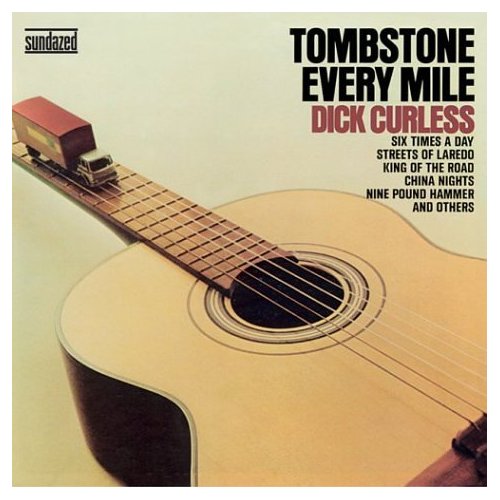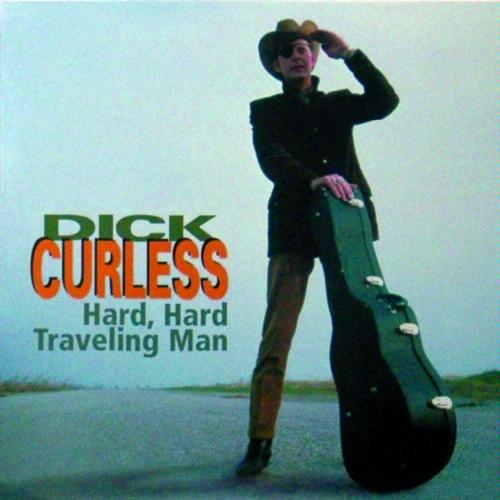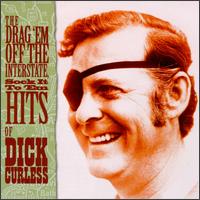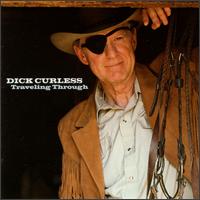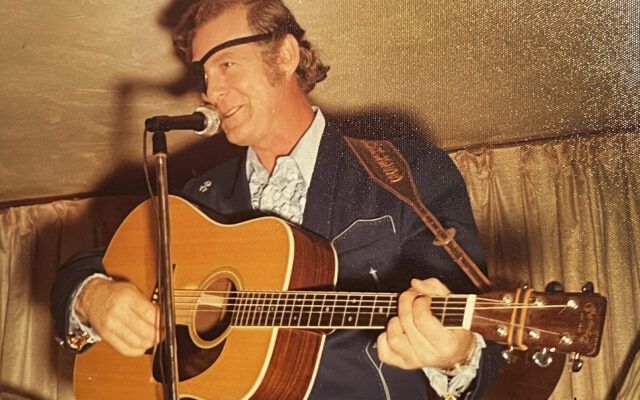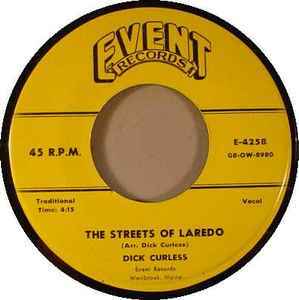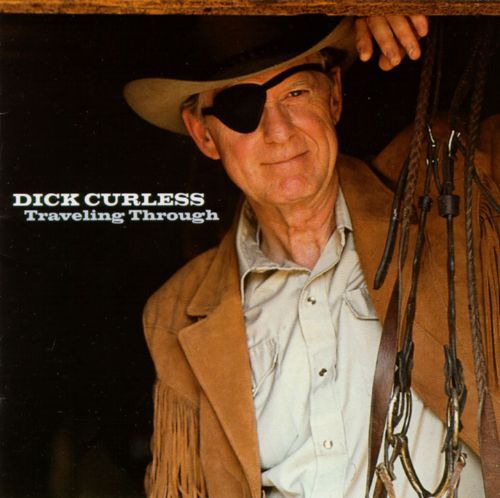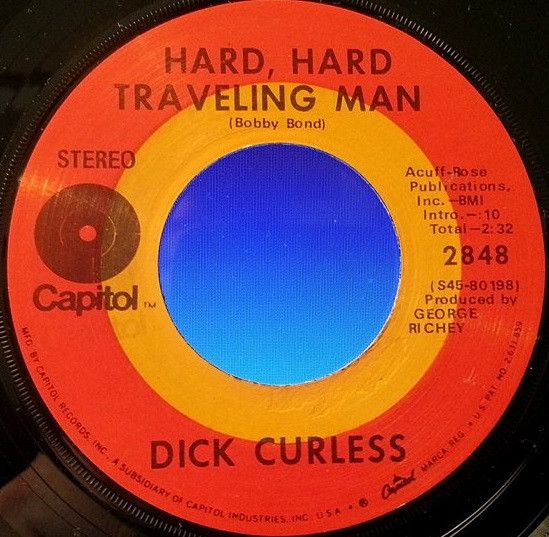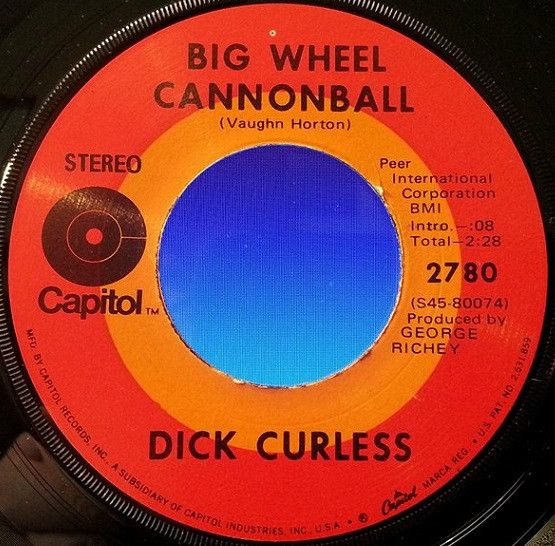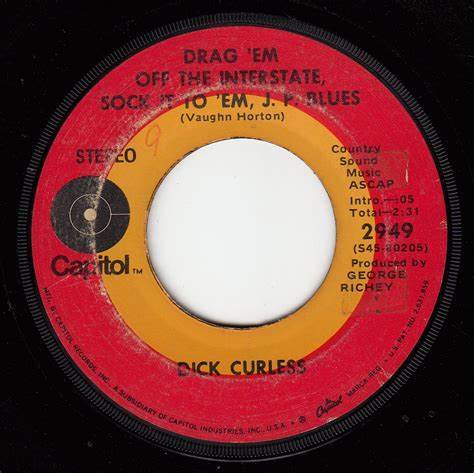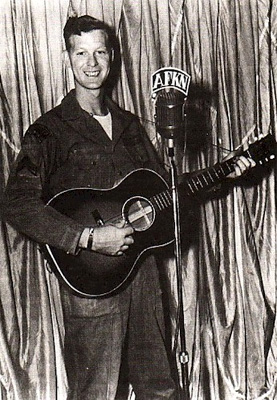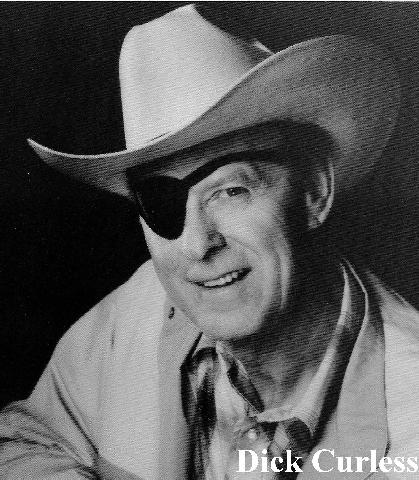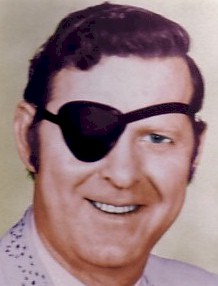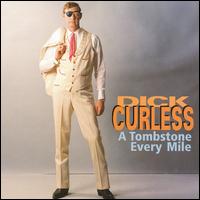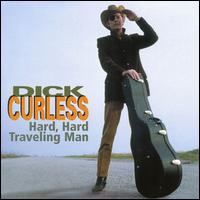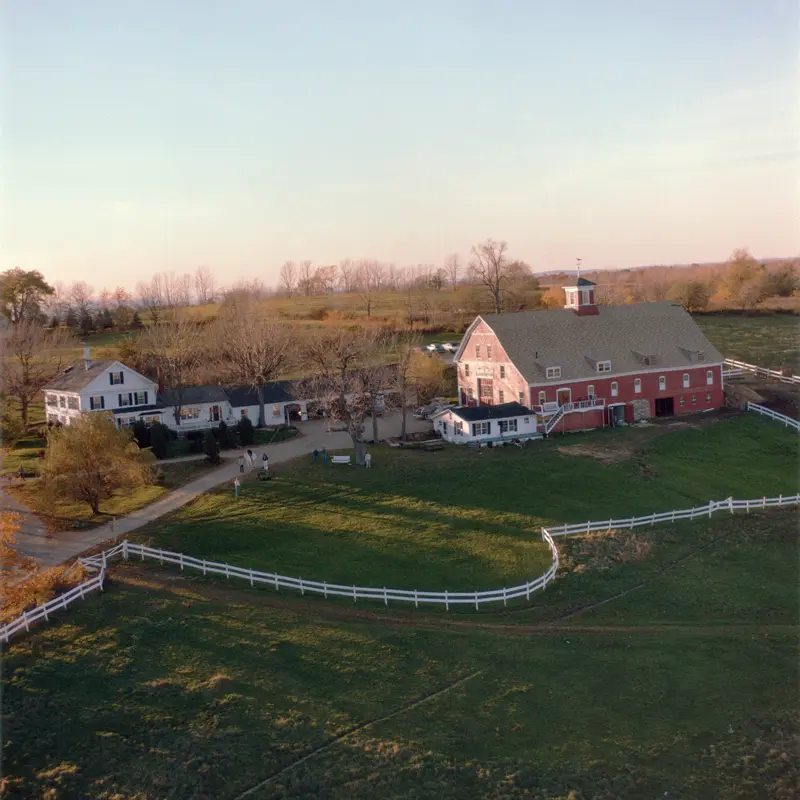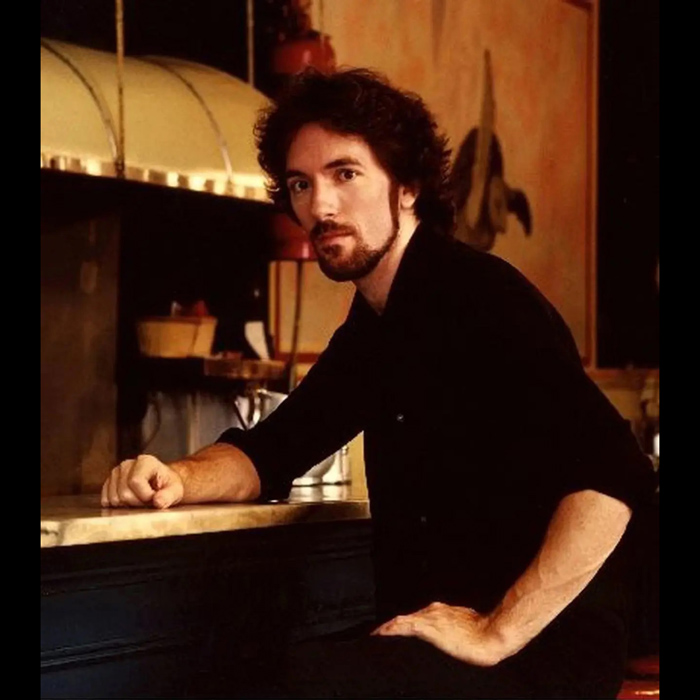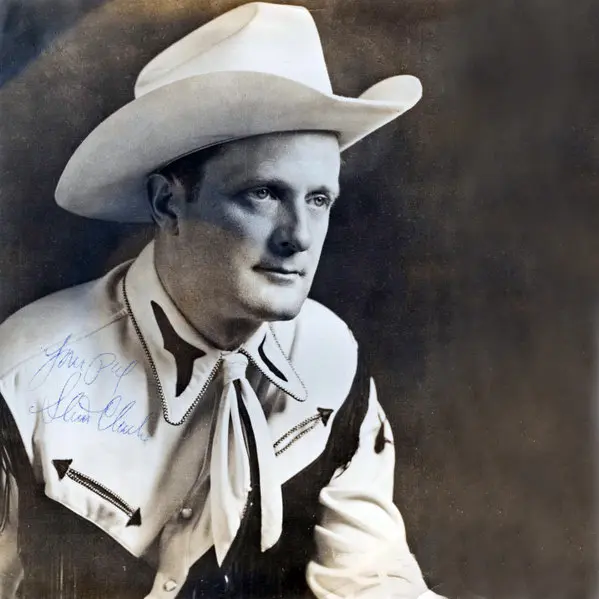Dick Curless
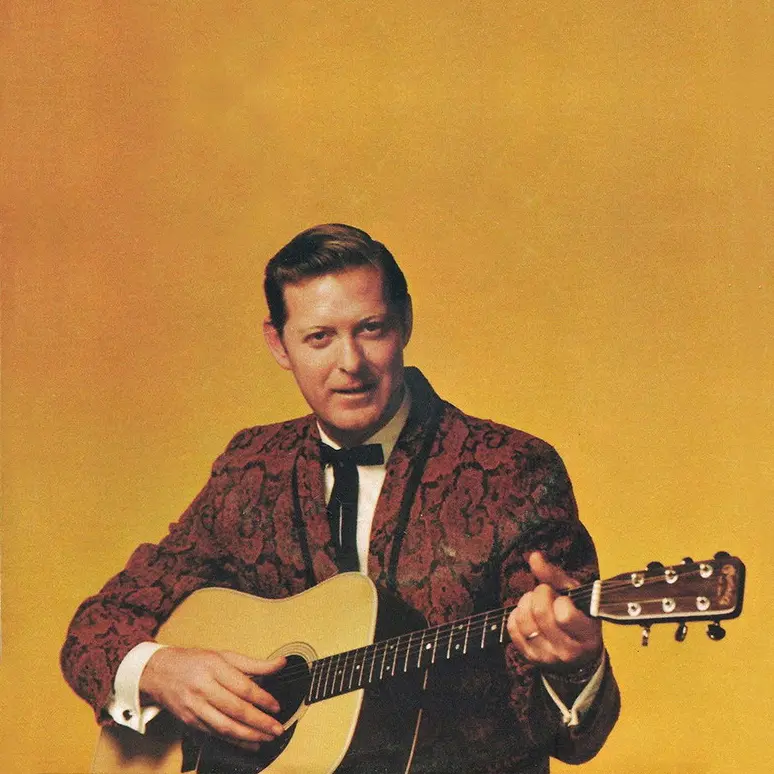
For the throngs of New Englanders who love country music but have never visited the Country Music Hall of Fame, 2023 was the ideal year to make the journey to Nashville since the CMHOF offered a taste of home: a yearlong exhibit called “Dick Curless: Hard Traveling Man from Maine,” which ran until January 7, 2024.
And that special attention was very well deserved – even though Curless isn’t in the CMHOF himself – according to renowned mandolinist-guitarist-singer-songwriter Marty Stuart, a five-time Grammy winner and 2020 CMOHF inductee. “There are a lot of kids out there who gravitate towards musicians who are authentic, and those are the kids who are going to discover Dick and love what he has to offer,” he said in a January 2023 interview with The Portland Press Herald. “He was from Maine but his voice could take you out West or down South.”
Overview
Known for his smooth, rich baritone, trademark eye patch and genre-defining truck-drivin’ classics like “Drag ‘Em Off the Interstate, Sock It to ‘Em, J.P. Blues,” “Hard, Hard Traveling Man” and “Big Wheel Cannonball,” Curless recorded 23 albums between 1959 and 1995 and 22 of his 28 singles charted. His biggest hit by far was “A Tombstone Every Mile,” which went to #5 in the Billboard Hot Country Songs chart in 1965.
He acquired a number of nicknames during his storied career – “The Tumbleweed Kid” in the late ‘40s to “The Rice Paddy Ranger” in the early ‘50s and “The Baron of Country Music” from the mid-‘60s onward (based on his ‘66 hit “The Baron”) – and performed with a gaggle of country greats including Merle Haggard. From 1966 through 1968, Curless toured with The Buck Owens All American Show and was a regular on The Wheeling Jamboree, the second oldest country-music radio show in the US after Grand Ole Opry.
Early years, Influences
Born March 17, 1932, in Fort Fairfield, Maine (near the Canadian border), Curless cited his earliest musical influence as his father, a bulldozer operator and country-music lover “who could bring family members to tears with his emotive singing,” according to the CMHOF website. At age eight, when he moved with his family to the Massachusetts village of Gilbertville (about 20 miles from Worcester), he started teaching himself how to play guitar, inspired first by the playing style and yodeling of Jimmie Rodgers and later by gospel, jazz, blues and folk. Curless developed a rhythmic, funky, finger-picking technique that never fell within pop-minded country confines, distinguishing him from the “countrypolitan” sound of contemporaries like Glenn Campbell, Charlie Rich, George Jones and Charley Pride.
Yodeling Slim Clark, The Trailriders, Armed Forces Radio DJ
In 1949, 17-year old Curless landed his first paying gig, performing on AM station WARE (based in Ware, Massachusetts) with Yodeling Slim Clark, who dubbed him “The Tumbleweed Kid.” In 1950, he quit high school just weeks before graduation to tour with Clark as part of his band, The Trailriders, which he did until 1952, when he was drafted into the Army and stationed in Korea for the following two years.
A truck driver during his first year in the worn-torn country, by 1953 he was hosting his own radio program on the Armed Forces Korea Network (broadcast across the Asia-Pacific) as “The Rice Paddy Ranger,” spinning big-band, blues and country songs – and some from a new genre called “rock ‘n’ roll” – for homesick soldiers.
First single, Arthur Godfrey’s Talent Scouts appearances
In 1954, Curless returned to the US and settled in Bangor, performing in local bars and clubs alongside other local country singers like Gene Hooper (of Kennebunk), Hal Lone Pine (of Pea Cove) and Betty Cody (of Auburn), but he spent most of 1955 out of the public eye due to a chronic illness which often left him exhausted, even bedridden. In 1956, he recorded his first single, the traditional cowboy ballad “Streets of Laredo” (also known as “The Dying Cowboy”) on Maine-based Event Records, which led to his big break: a week of appearances on the CBS television program Arthur Godfrey’s Talent Scouts in 1957.
First albums, 1963/64 hiatus
While shows in Los Angeles, Las Vegas and other major North American cities followed over the next several years, Curless made regular, weeks-long trips to Maine to recover from the intense bouts of fatigue caused by his illness, which some suspected was the reason major labels didn’t offer him a recording contract since such a deal would require near-constant touring. After he cut three albums for Boston-based Tiffany Records – Songs of the Open Country (1959), Singing Just for Fun (1961) and I Love to Tell the Story (1962) – Curless spent most of 1963 and 1964 out of the music business, using his own truck to work as a log-and-lumber transporter in Maine.
“A Tombstone Every Mile”
In 1964, Curless co-founded a record label, Allagash Records, with Dan Fulkerson, a writer and announcer on Bangor-based TV and radio station WABI. The collaboration launched Curless’ career into orbit with a Fulkerson-penned, Curless-sung tune about a treacherous stretch of road in northern Maine, “A Tombstone Every Mile.”
The song is about Route 2A leading to the Aroostock County town of Blaine, Fulkerson told The Bangor Daily News in 1965, which truckers said was extremely dangerous in the winter, especially the section that goes through the Haynesville Woods south of Houlton. “It’s a stretch of road up north in Maine that’s never ever, ever seen a smile. If they’d buried all the truckers lost in them woods, there’d be a tombstone every mile,” he wrote in the lyrics.
In late 1964, the same year that Jan and Dean’s “Dead Man’s Curve” went to #8 in the Billboard Hot 100, the song became a regional hit and – after it spread across the country with the help of road-warrior truckers – Capitol sublabel Tower Records took on national distribution, releasing it in January 1965. The track soared to #5 in the Billboard Hot Country Songs chart, spending two weeks in that prized position and 15 more in the lower ranks, and Cash Box magazine named Curless its “Most Promising New Male Vocalist.”
Buck Owens management, Eyepatch, Capitol signing
By the end of 1965, Curless had signed a deal with country-music megastar Buck Owens’ artist-management agency. He cut three more top-40 hits in the ‘60s – “Six Times a Day (The Trains Came Down)” (#12, 1965), “All of Me Belongs to You” (#28, 1967) and ”I Ain’t Got Nobody” (#34, 1968) – and started wearing an eye patch because worsening vision in his right eye had become a major problem, according to the CMHOF website.
In 1970, after having recorded 13 LPs total for Tiffany and Tower, Curless signed with Capitol Records and recorded six albums for the label over four years, three of which made the Billboard Top Country Albums chart: 1971’s Doggin’ It and Comin’ on Country (#42 and #43 respectively) and 1973’s Live at the Wheeling Truck Driver’s Jamboree (#37). Of the 12 Curless singles Capitol issued, six hit the Top 40: “Big Wheel Cannonball” (#27), “Hard, Hard Traveling Man” (#31), “Drag ‘Em Off the Interstate, Sock It to ‘Em, J.P. Blues” (#29), “Loser’s Cocktail” (#36), “January, April and Me” (#34) and “Stonin’ Around” (#31).
Later recordings
Over the next 20 years, while performing frequently at the Cristy Lane Theater in Branson, Missouri, staring in the early ‘90s, Curless recorded four albums, none of which charted in the US but sold well in parts of Europe, particularly Germany and Norway: End of the Road (1974, Hilltop Records), Welcome to My World (1987, Rocade Records), It’s Just a Matter of Time (1990, Rocade/Stetson) and the 14-track Traveling Through (Rounder Records, 1995).
Recorded at Long View Farm Studio in North Brookfield, Massachusetts, Traveling Through was Curless’ final LP, a collection of country, blues and gospel that Mick Buck, the CMHOF’s curatorial director, called his “greatest artistic statement, the high point of his musical output.”
Death, The Basement Tapes
On May 25, 1995, less than six months after recording Traveling Through, 63-year old Curless died at the Togus VA Medical Center in Chelsea, Maine, of stomach cancer. Massachusetts native Duke Levine, who played guitar and mandolin on the album, talked about how happy Curless seemed to be while making it. “There were times during the recording where we’d kind of lose track of what we were playing, listening to Dick,” he told The Portland Press Herald in January 2023. “Hearing that voice come through your headphones was kind of stunning. He was just so happy making that record, so generous and appreciative. He was absolutely authentic.”
In February 2023, the Curless family released a 21-track collection of his songs, The Basement Tapes, recorded in the early ’90s (16 in Nashville, five in Maine) with Curless’ son-in-law, singer-songwriter Bill Chinnock. The disc is available exclusively through the official Dick Curless website and the Bull Moose record store chain, which has eight outlets in Maine and three in New Hampshire.
Looking to Get Lost: Adventures in Music And Writing
Also in February 2023, the CMHOF hosted a gala celebrating Curless, featuring a conversation with Peter Guralnick, co-curator of the CMHOF’s special exhibit and author of Looking to Get Lost: Adventures in Music and Writing (Little, Brown and Company, 2020), which includes detailed information on Curless’ background and an analysis of his artistry. “He sang with a deep-seated emotion, as much emotion as any other singer who comes to mind, and that was at the heart of all his music,” Guralnick said at the event.
Legacy
When asked about Curless’ legacy within the context of Americana in general and country music in particular, Guralnick spoke about the singer’s unfailing pursuit of artistic excellence above popularity. “Dick’s music stands the test of time,” he said in an interview with The Tennessean in February 2023, “because he’s expressing his innermost self with extraordinary artistic depth and reach, instead of being caught up in chasing fame’s momentary acceptance.”
“If Dick were a young artist today, he’d be a pillar of the Americana community,” he added. “He’d have a large audience and be hailed as one of the industry’s most honest artists.”
(by D.S. Monahan)

